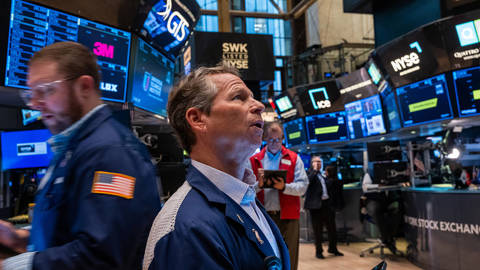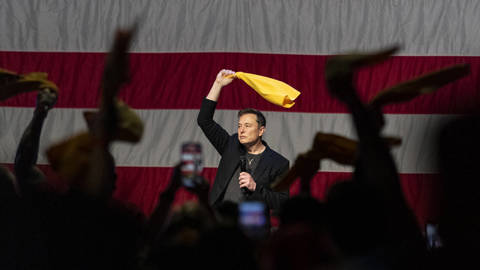https://prosyn.org/aG5pZd3
New Comment
Email this piece to a friend
Contact us
Please select an option
Please wait, fetching the form
Please wait, fetching the form
Please wait, fetching the form
Please wait, fetching the form
Please wait, fetching the form
Please wait, fetching the form
Please wait, fetching the form
We hope you're enjoying our PS content
To have unlimited access to our content including in-depth commentaries, book reviews, exclusive interviews, PS OnPoint and PS The Big Picture, please subscribe










I think that I have figured out why the Fed’s balance sheet has not grown since the announcement of QE3. The reason is that the NY Fed’s Open Market Desk has been buying Agency MBS which, for some reason, has very long settlement periods (60-90 days). Almost none of these have hit the balance sheet yet. The desk’s buying pattern (found on the NY Fed’s website but not on the FRB’s) is entirely consistent with the announced program for QE3, at $15-20 billion per week:
9/13-19: $17.5B
9/20-26: $20.0B
9/27-10/3: $19.3B
10/4-10: $15.0
= $71.5B
HOLIDAY SALE: PS for less than $0.7 per week
At a time when democracy is under threat, there is an urgent need for incisive, informed analysis of the issues and questions driving the news – just what PS has always provided. Subscribe now and save $50 on a new subscription.
Subscribe Now
I have been incorrect in saying that QE3 hasn’t started yet; the order-placement has indeed started, but it hasn’t been paid for. The Fed has been buying on the Lay-Away Plan. This means that the Fed has already created demand in the market for agency MBS, but the monetary base won’t expand until the actually Fed buys the securities and creates the money to pay for them on the deposit side.
From a monetary policy perspective, I have been correct: the monetary impact of QE3 has not yet been felt, only the demand for agency securities. I don’t know the weekly volume in agency MBS, so I can’t assess how significant these $15-20B purchases are, but the agency market is a second order effect, and not a monetary one. (The Fed’s political cover for this operation is that it is helping Harry and Hilda Homeowner by lowering mortgage rates.)
While I have been wrong about the Fed’s dereliction of duty, I haven’t been wrong about the monetary impact of QE3: it hasn’t been felt yet. The first settlements have just begun, and will reach full force next month. The Fed’s balance sheet and the monetary base will start to grow by $40B/mo. Slow but not nothing, and mildly bullish for equities, ceteris paribus.